The world of nutrition can be confusing.
There are so many sources of information out there, so many different fields and terminologies, and so many different voices in the internet's health and wellness community all giving their perspective on what's what.
When it comes to information overload, the struggle is most definitely real.
As a brand with plant-based products, the subject of complete proteins is something we've been asked about a lot. And from what we can tell, there's a lot of ambiguity and misconceptions about what a complete protein actually is.
To be honest, we'd forgive you for thinking that animal sources were the only source of complete protein. But what you may not know is that blends of quality plant-protein sources provide benefits for digestion and give bonus nutrients, vitamins and minerals, all the while containing the essential amino acids that make up a complete protein profile.
So, what are we talking about when we talk about complete protein?
What makes a complete protein?
To answer that question we first need to understand what an amino acid is.
Amino acids are organic molecules that combine to form proteins. Often called the “building blocks” of protein, they're needed to form muscle, transport nutrients, and build and repair tissue in the body.
A total of 20 different amino acids bond together in a chain to form a protein: 11 of those amino acids are produced by our bodies, and the other nine we get from consuming foods.
Food is considered a complete protein source only when it contains the nine essential amino acids that our body needs from food.
In this sense, a complete source of protein will provide you with the all amino acids that are required for optimal recovery, maintenance and building of lean muscle mass.

Why are animal products the most common source of complete protein?
Because they naturally contain all nine essential amino acids, animal products are the most commonly consumed sources of complete protein. And, when it comes to protein powder, whey has always been the recommended protein supplement due to its effectiveness, in and of itself, as a complete protein source.
What is whey?
Whey is a by-product of the cheese-making process. It is the liquid part of milk that is separated, extracted and filtered to various degrees. It’s a popular choice due to its fast digestibility, high leucine content (an amino acid essential to muscle repair), and ability to optimise muscle protein synthesis.
However, as whey protein is a derivative of dairy-based products containing sugars such as lactose, more and more people are turning to plant-based protein powders as they find themselves with digestive discomfort, are lactose intolerant, have ethical reasoning or just prefer plant alternatives over dairy.
Building complete proteins with plant-based sources
When individually consuming plant-based protein sources - such as legumes, nuts, and seeds – a person does not get a nutrient profile that contains all essential amino acids. The effectiveness of a plant-based protein powder is guided by the same principle. A protein powder that was made in its entirety of brown rice protein, which doesn’t contain the essential amino lysin, would not form a complete protein.
It’s only by combining plant protein sources that one gains access to a nutrient profile that contains all of the essential amino acids. This is typically the case In the formulation of plant-based protein powders, which are derived by isolating the protein and filtering the carbohydrate and fat components from the source. This may include grain, legume and seed-based sources such as pea, soy, rice or hemp.

Why we chose a plant-based blend for CMBT Reload
The reason we chose this blend of protein was simple.
We wanted to create the most effective recovery formula possible whilst minimizing the potential for any gastric issues, and maximising anti-inflammation properties.
To achieve this, using plant-based protein sources made the most sense, and fit with our mission.
By combining four Organic, natural, bio-available whole food protein sources of the highest quality, we found ourselves able to create a blend with not only a superior amino acid profile than typical plant-based sources, but which was more naturally occurring in nutrients beneficial to those who train high-intensity sports.
Its consumption is effective in both pre and post-training contexts, offering easily absorbed protein that's kind on the stomach while providing a boost in the vitamins, minerals and antioxidants that fuel better performance.
CMBT Reload – Now available in Peanut Butter Honeycomb!
Due to its highly available protein content, as well as its gut-friendly digestibility, the complete protein blend of CMBT Reload is a game-changing tool available to people wanting to take their performance and recovery to the next level.
Click here to shop our brand new Peanut Butter Honeycomb Reload and experience the difference for yourself!




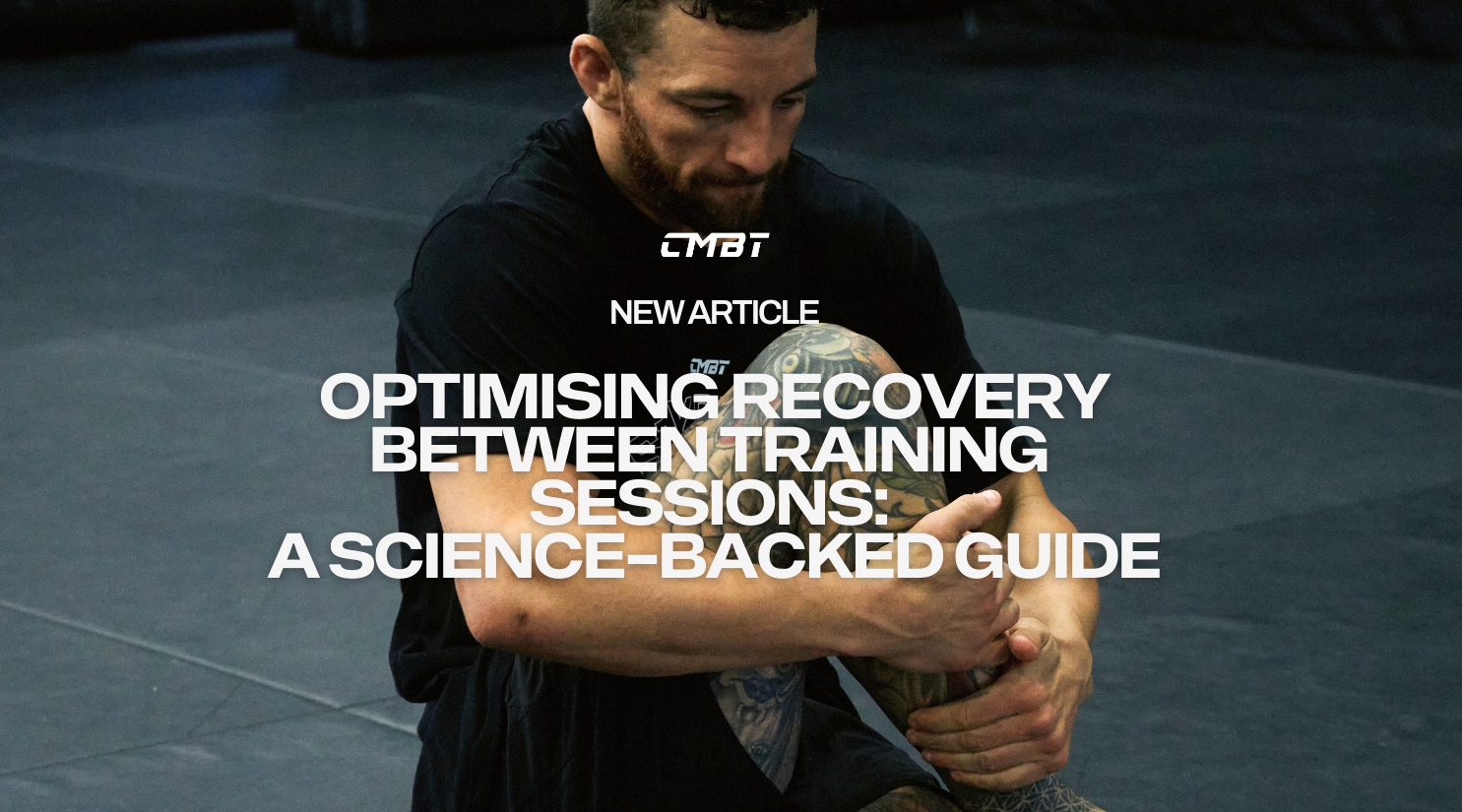
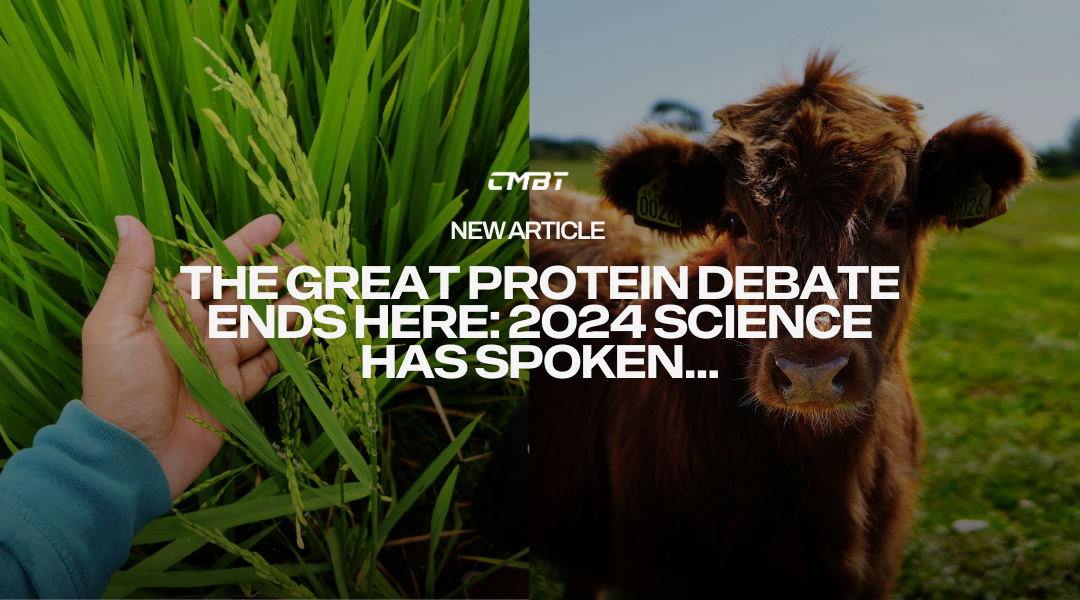

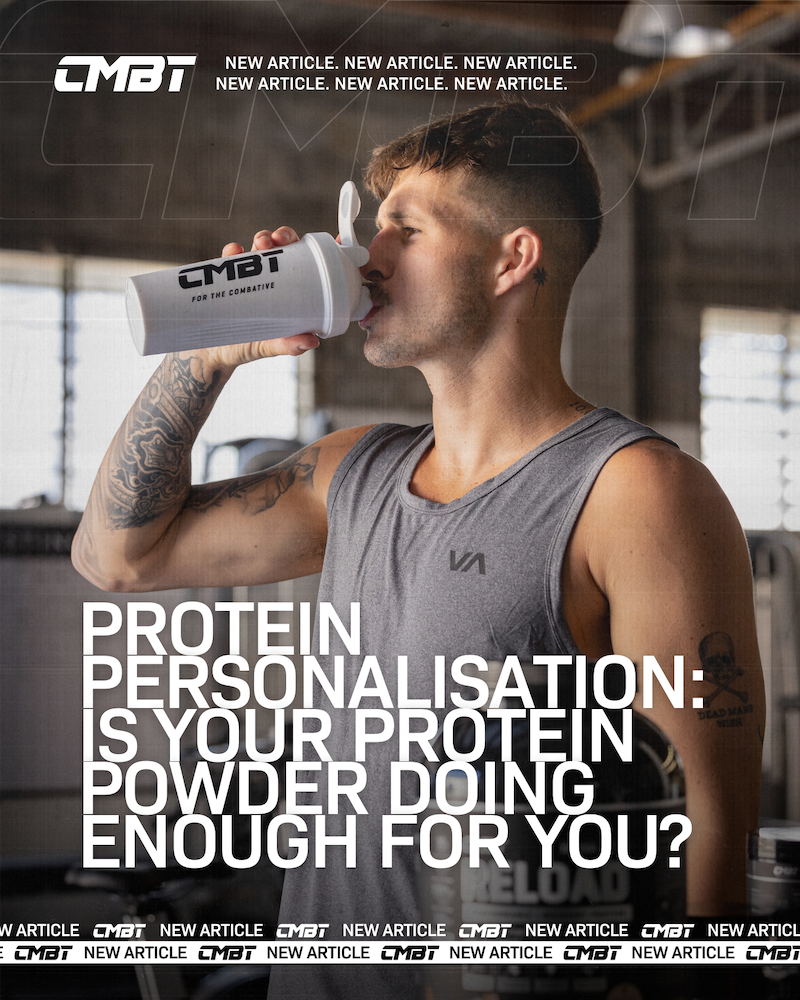

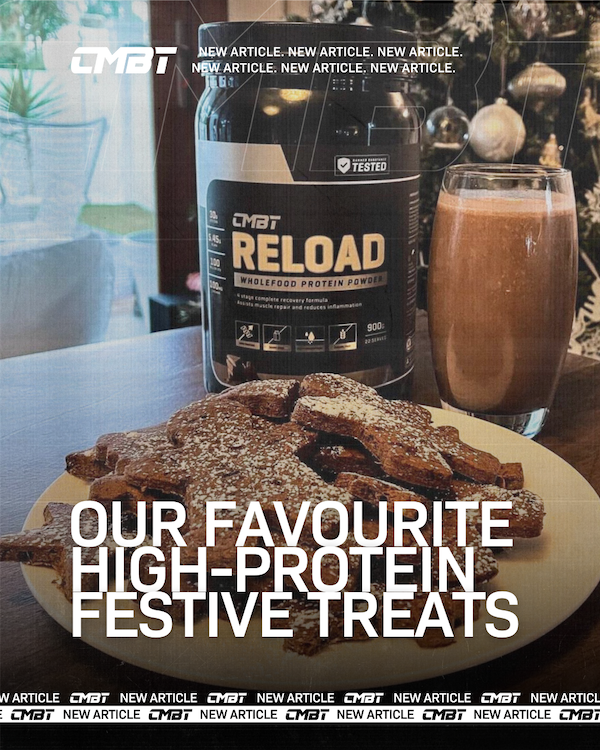






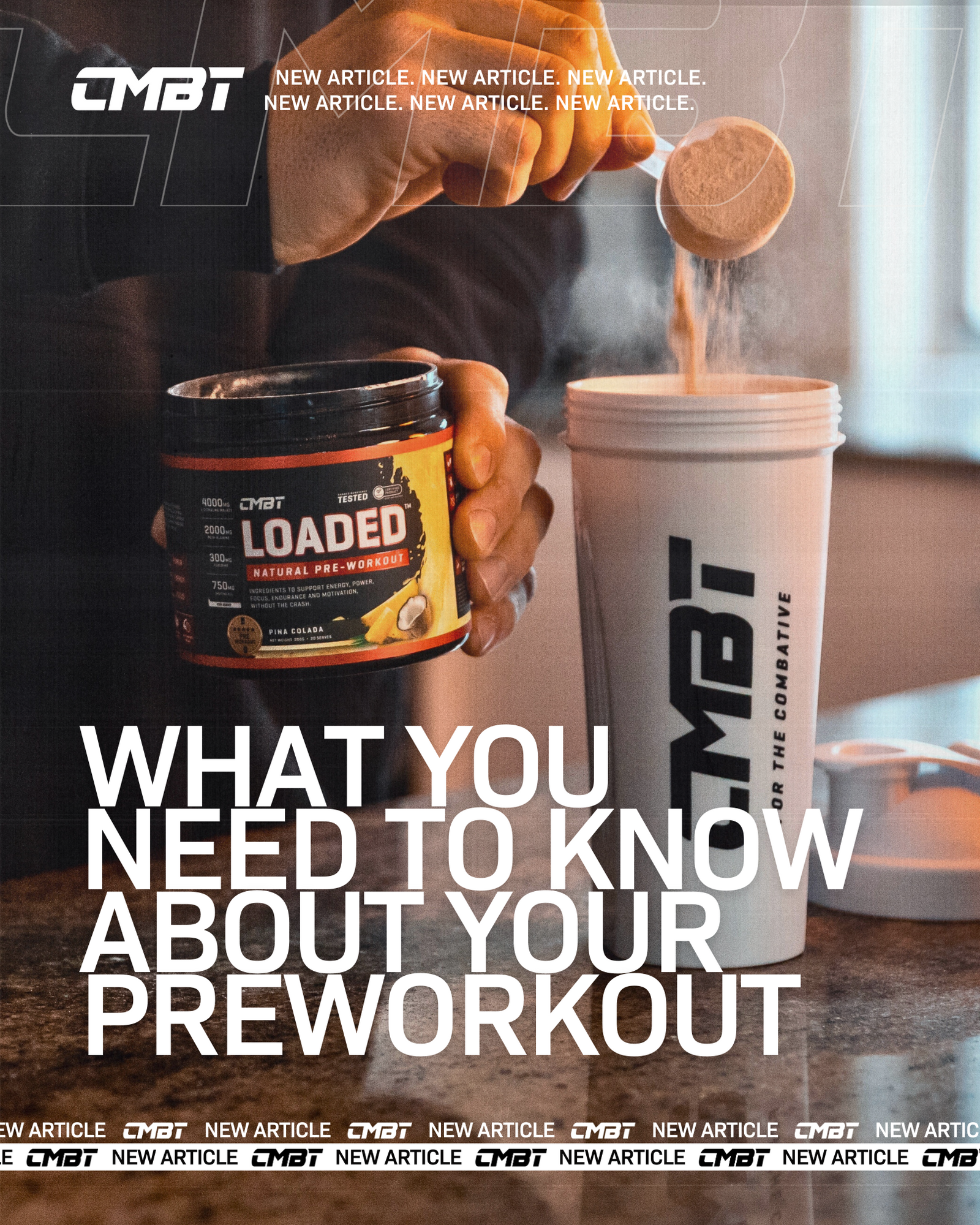


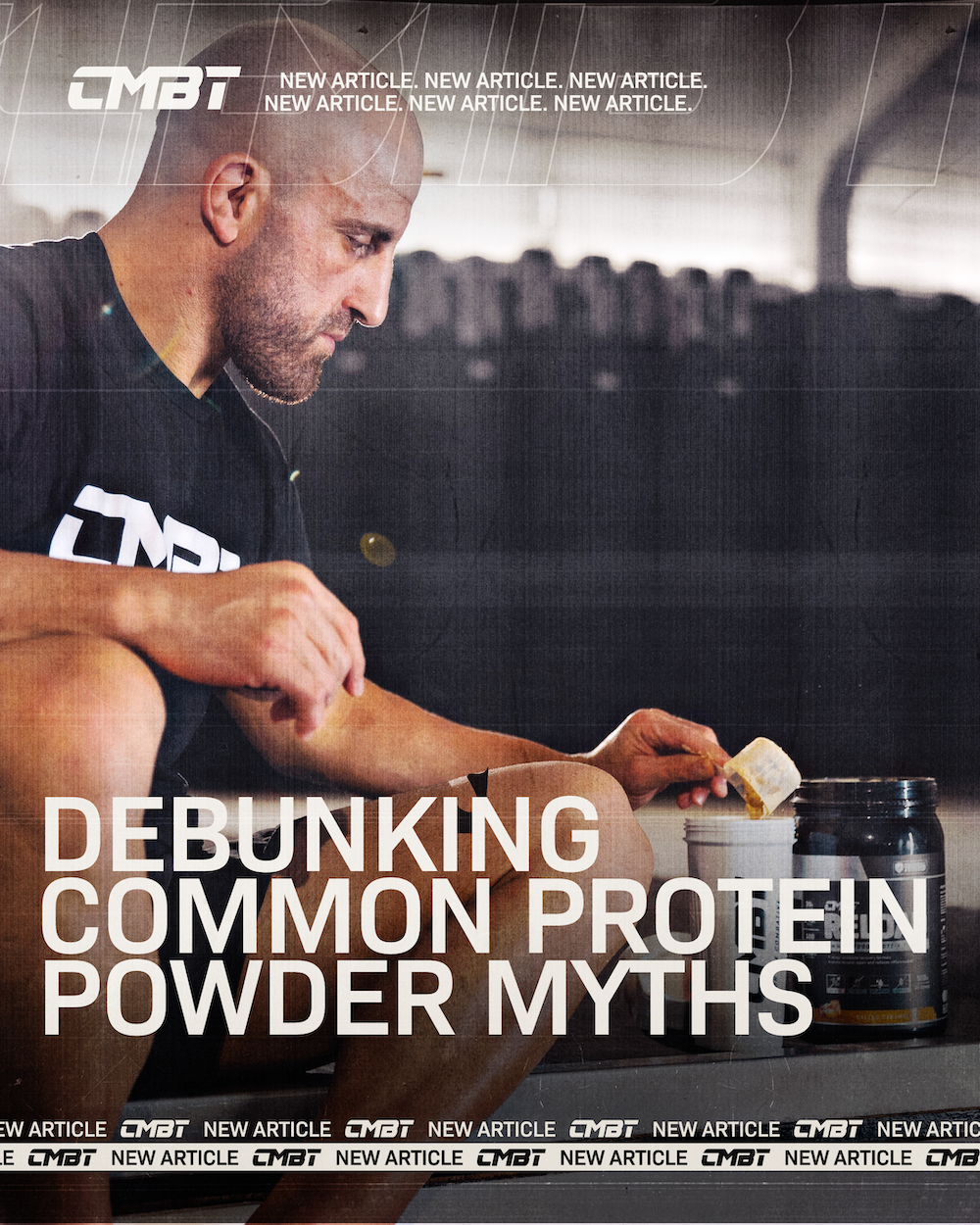
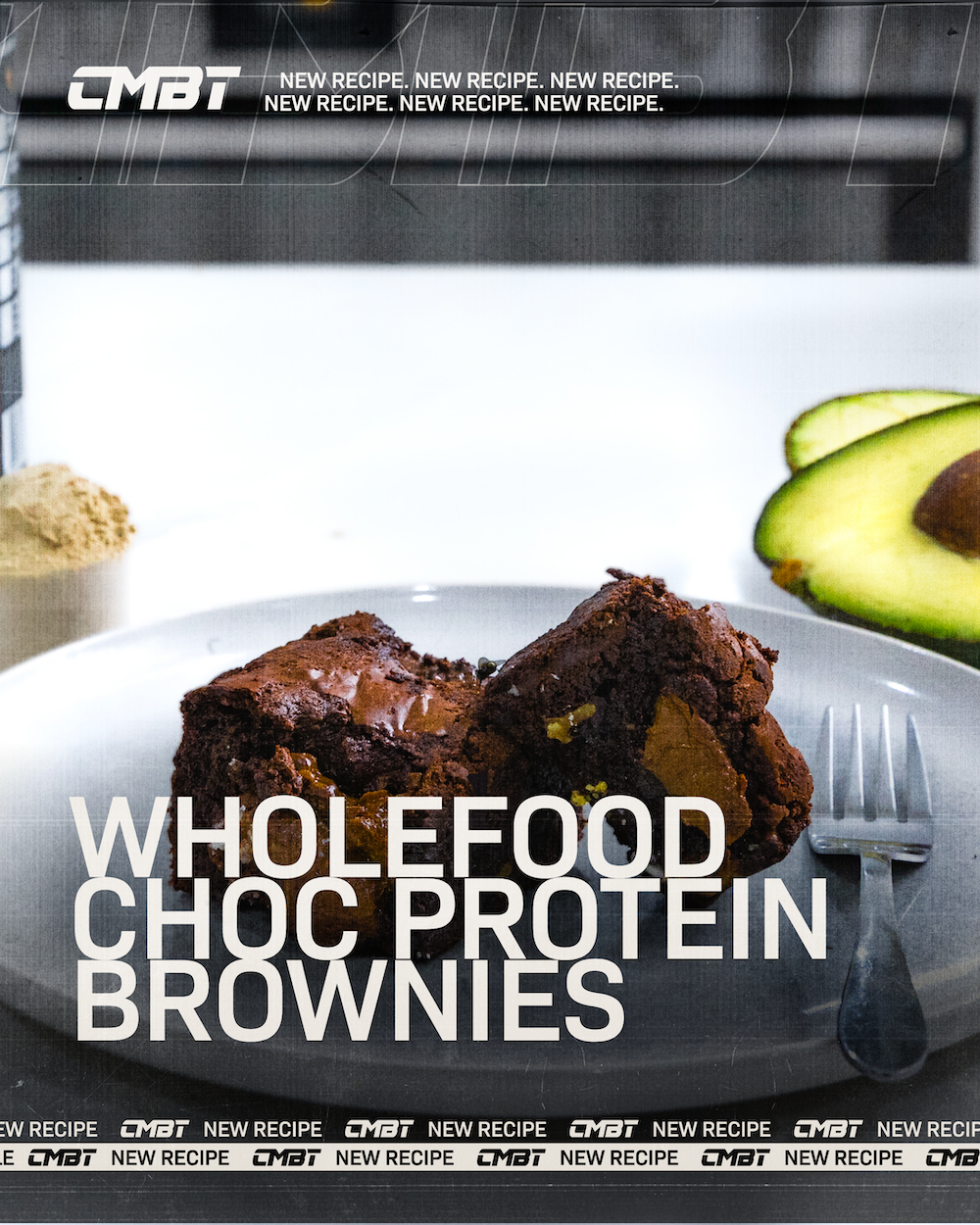



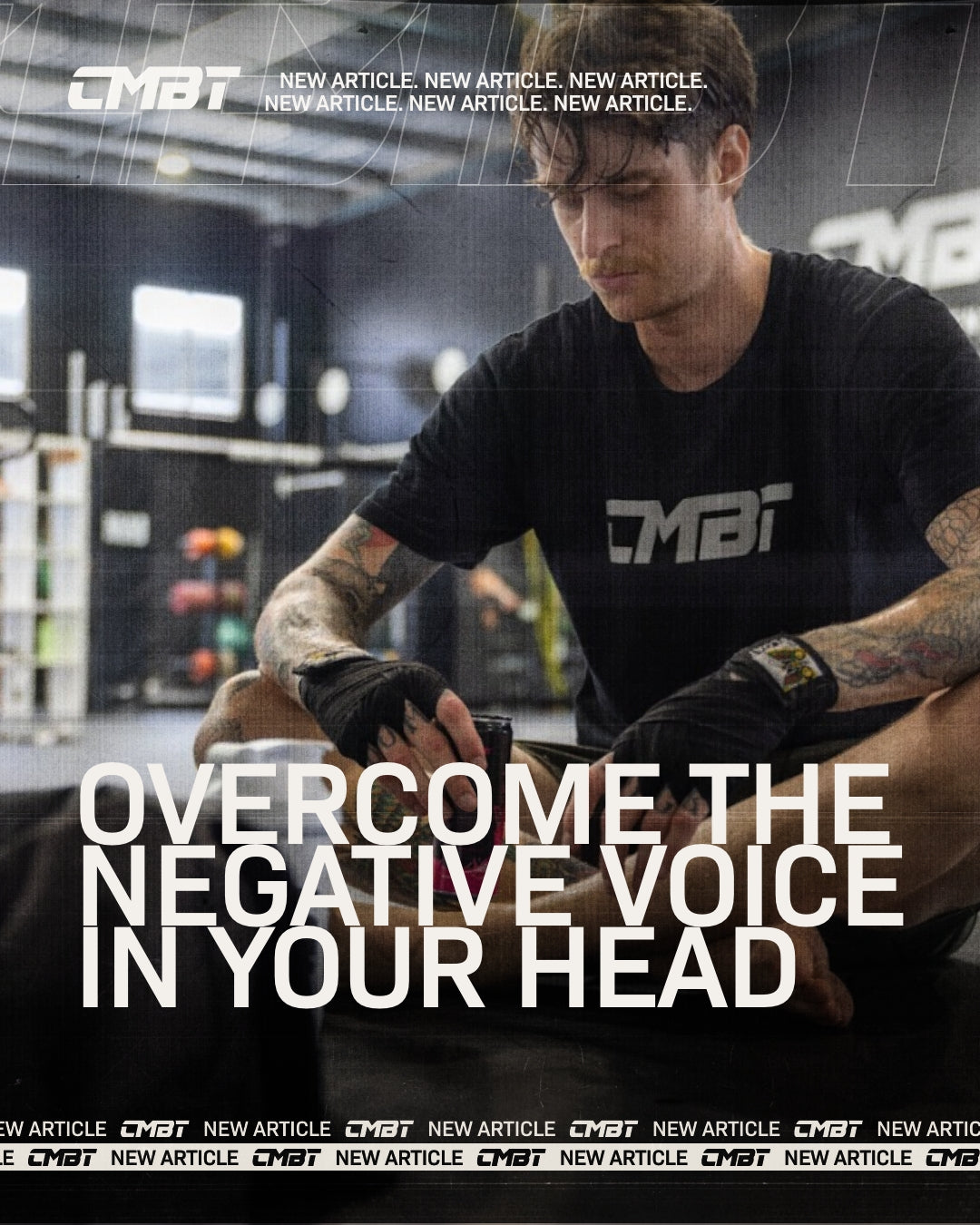

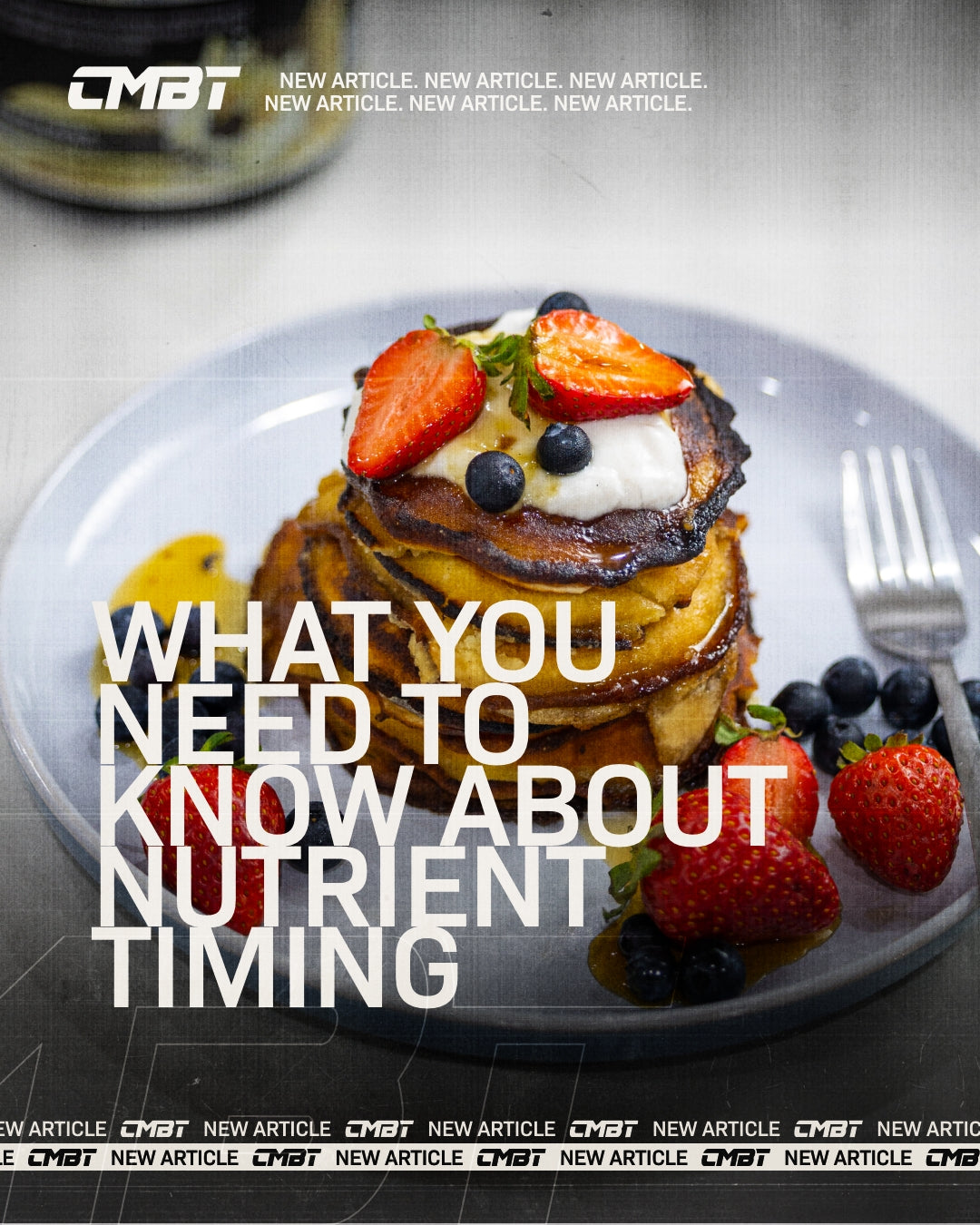




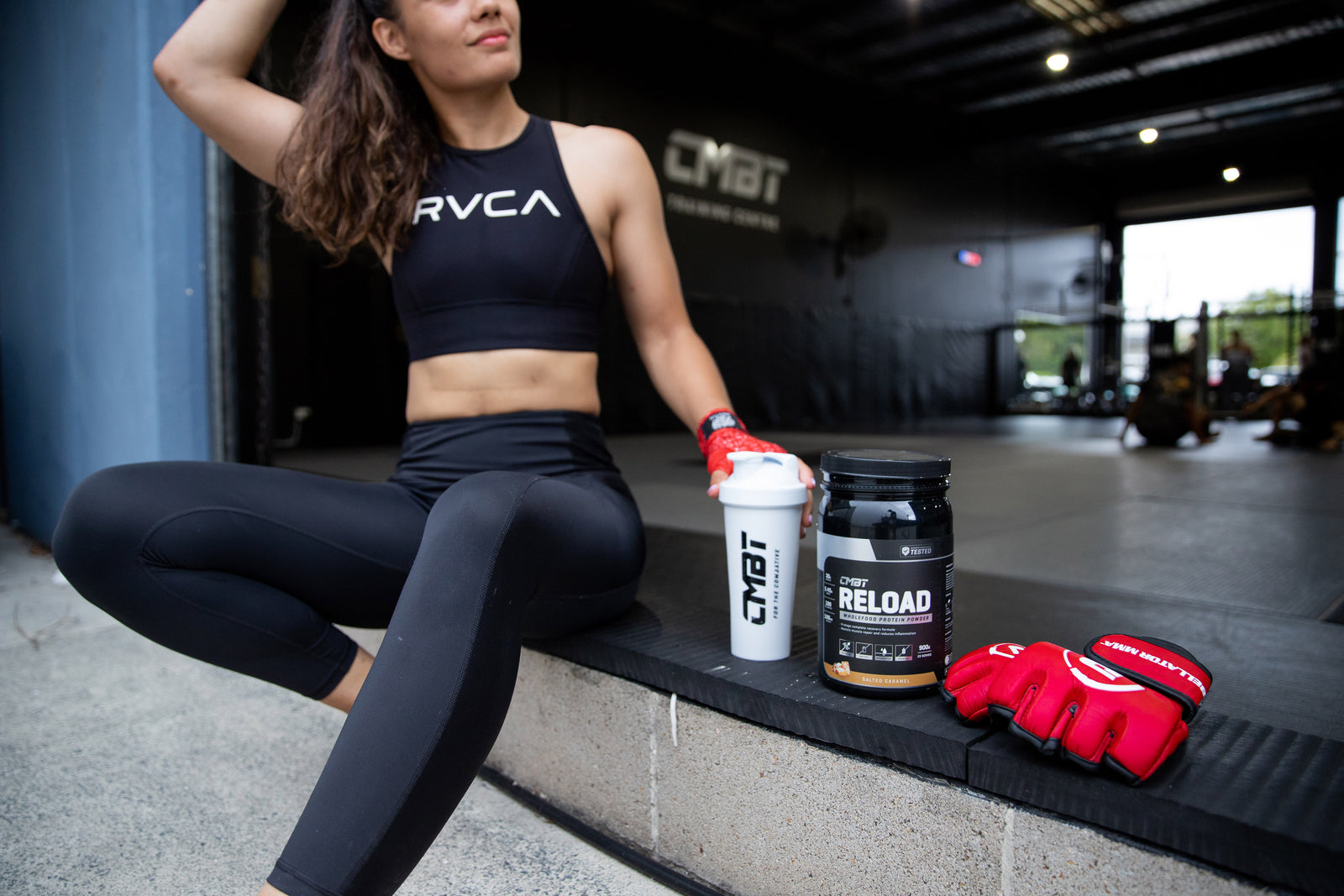



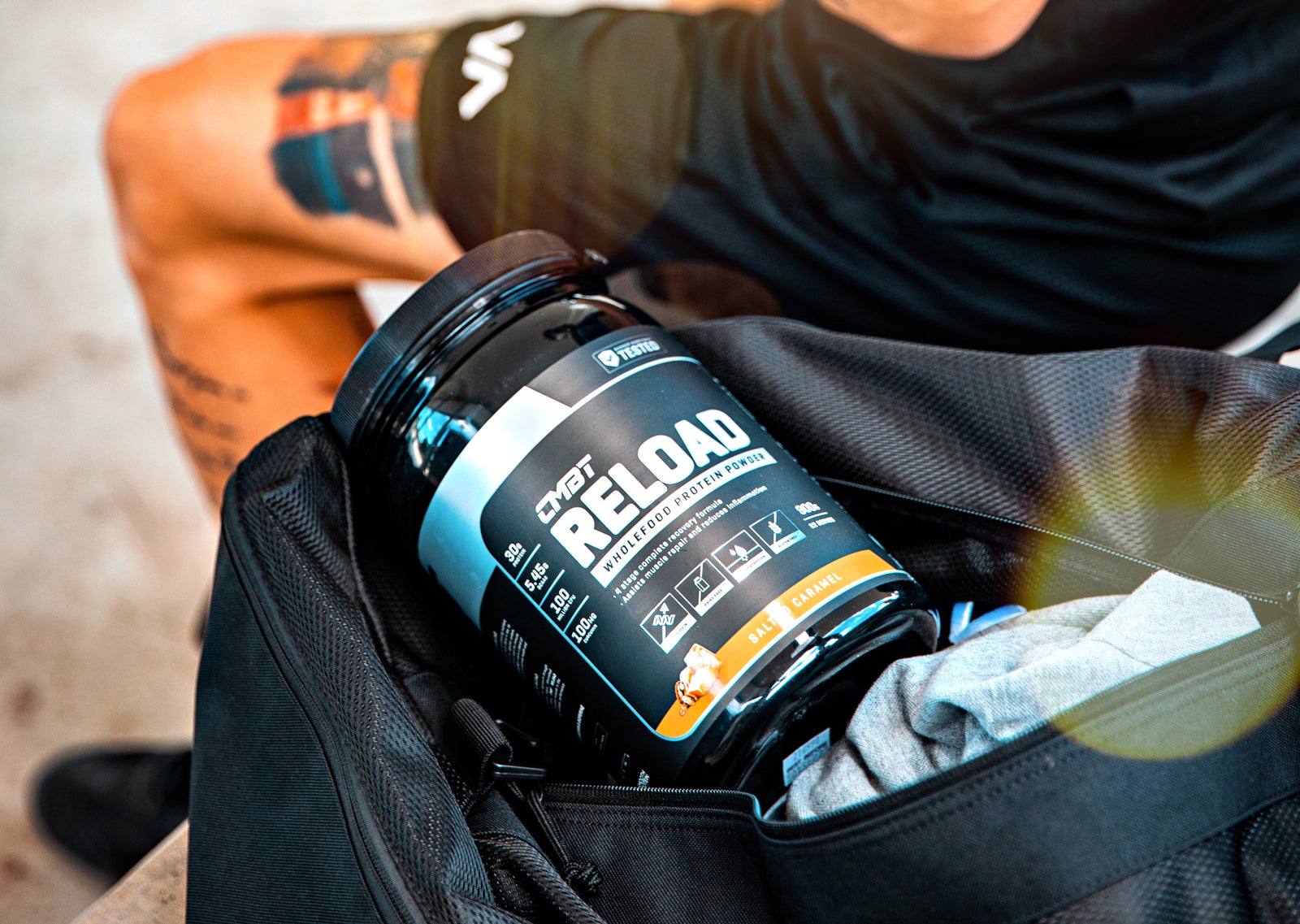



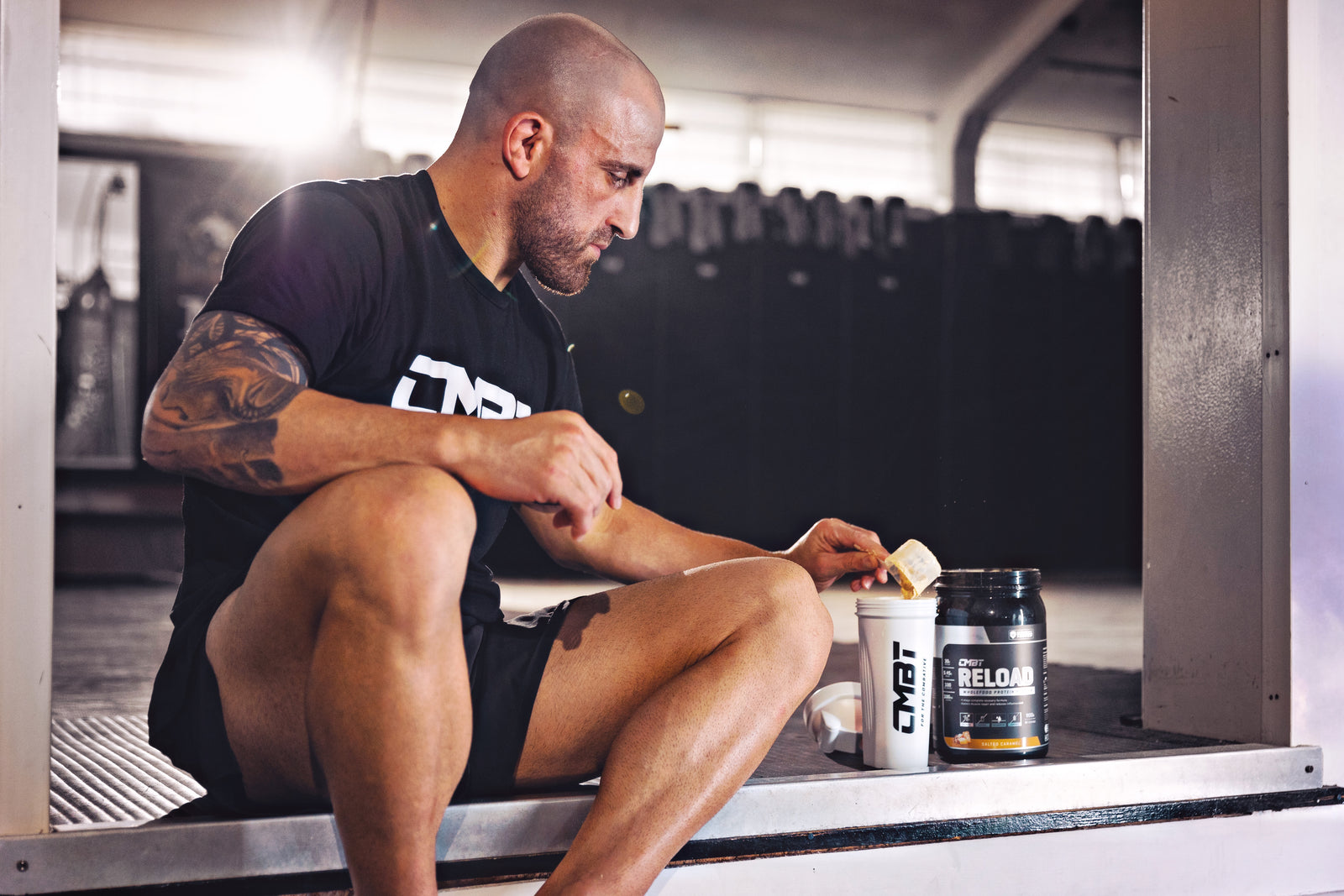

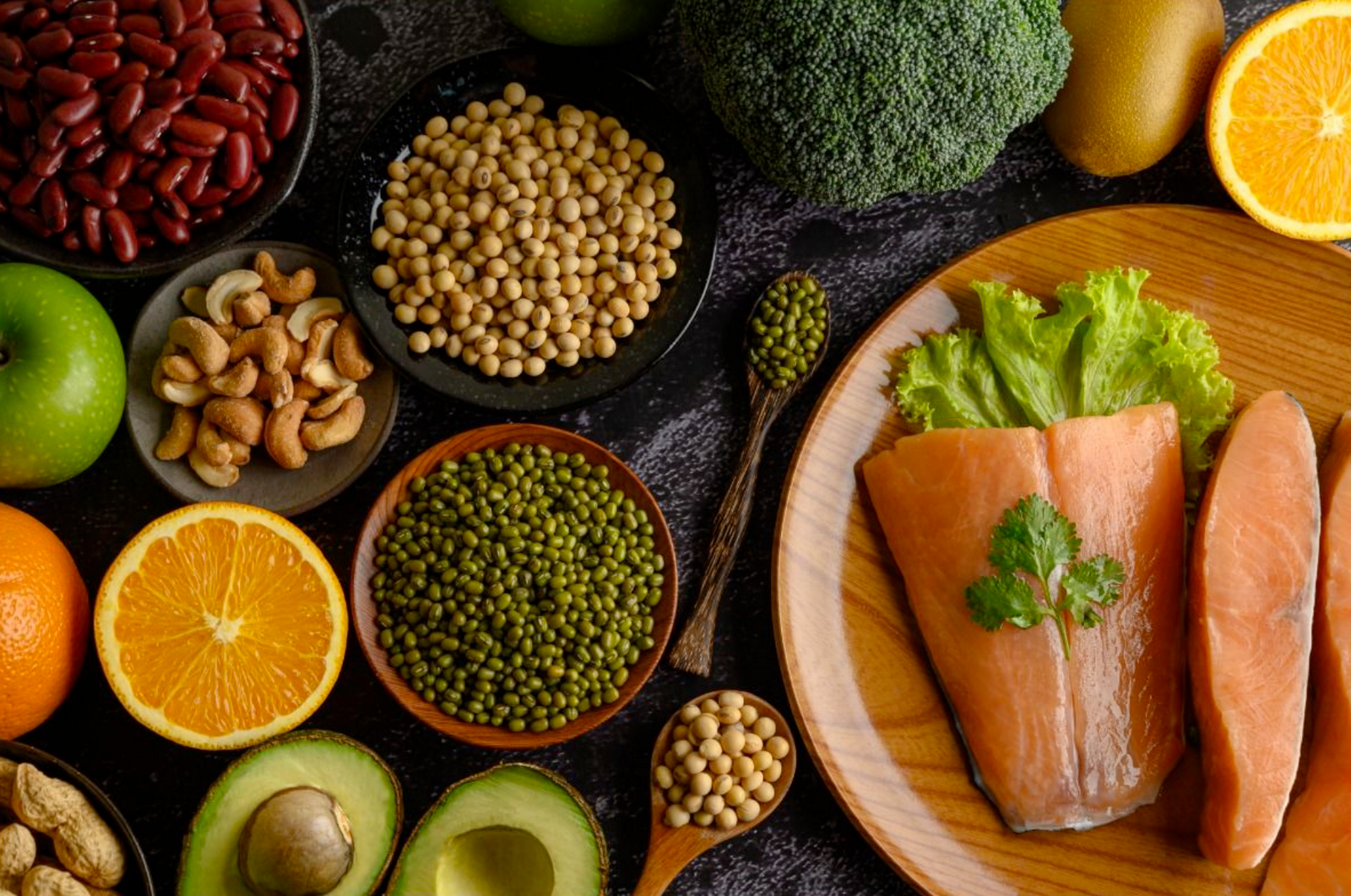

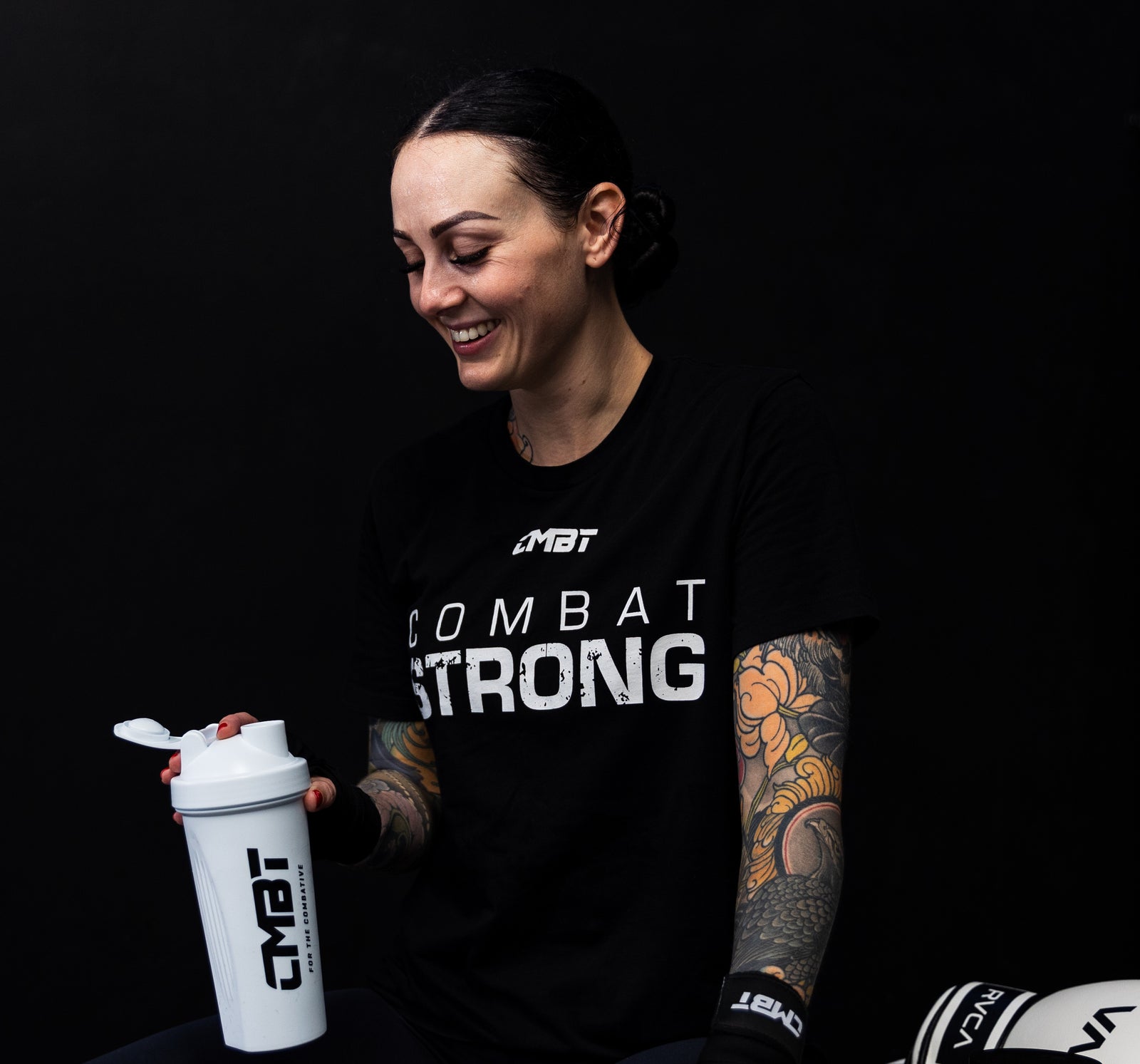



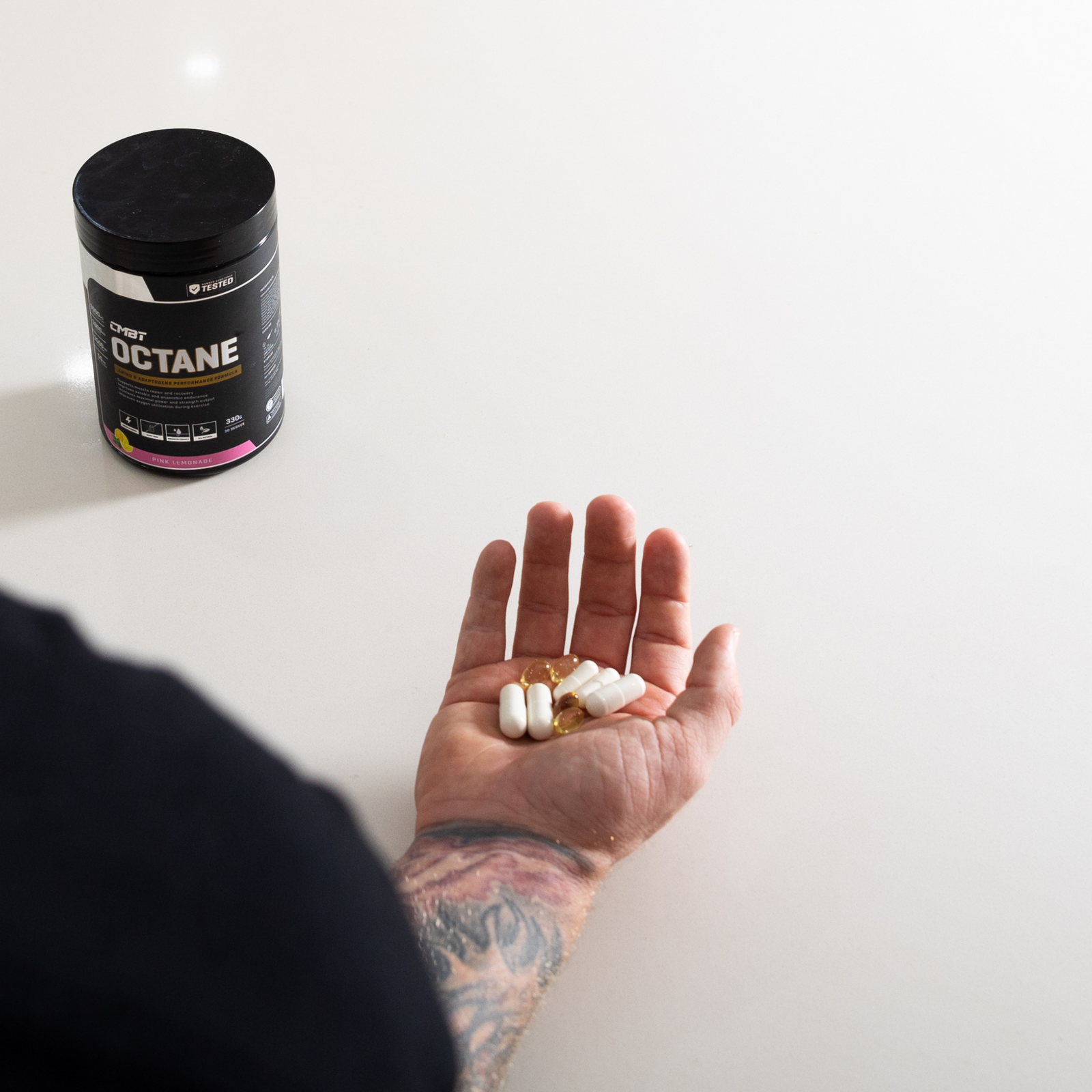


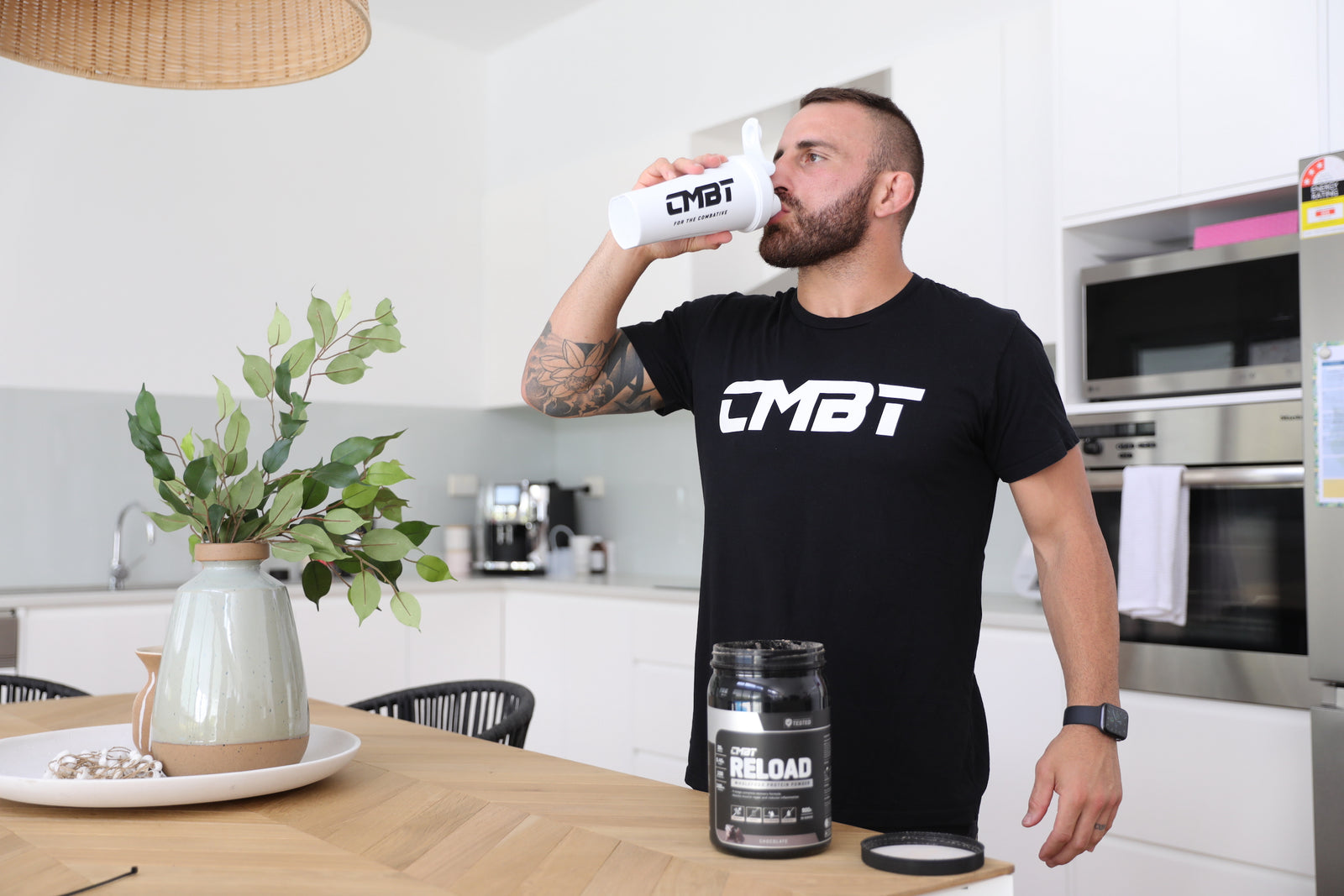
![[VIDEO] Fuel Your Passion feat. Sami Locke](http://cmbt.com.au/cdn/shop/articles/Sami.jpg?v=1625826844&width=1600)